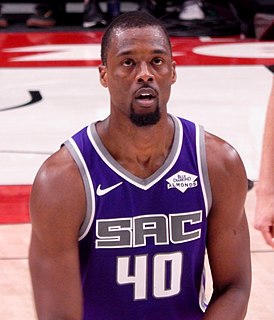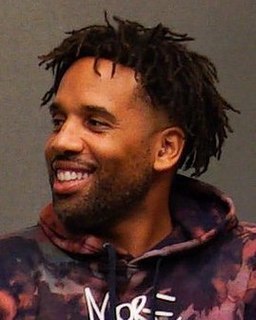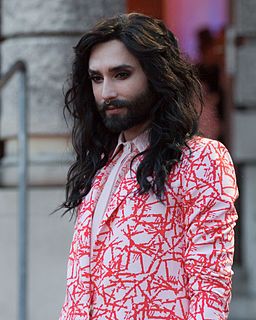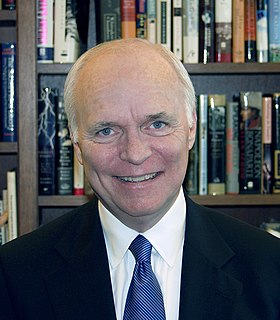A Quote by Gwen Ifill
I wanted to be a journalist because I like to ask questions. And I like the idea that someone might feel responsible for answering them.
Related Quotes
In general, questions are fine; you can always seize upon the parts of them that interest you and concentrate on answering those. And one has to remember when answering questions that asking questions isn't easy either, and for someone who's quite shy to stand up in an audience to speak takes some courage.
To me, I'm honored to be able to talk to and interview people like Dr. Harry Edwards and Emmitt Smith, and just to be able to ask them questions is an unbelievable opportunity. I'm not a journalist. I have no idea about that. My wife is 10 times the writer that I am. I'm not going to be on that level.
I really don't like going out. I don't like restaurants because I don't like the idea of someone, a waitress, being responsible for my evening. I like seconds, and more, and lots of conversation, and I've always hated the idea that in a restaurant an evening just ends. I find that incredibly depressing.
Whenever I'm giving talks, I always ask people to think of the most obscure questions because I enjoy those the most. I always get the same questions: Why does Pickwick say "plock" and will there be a movie? I like the really obscure questions because there's so much in the books. There are tons and tons of references and I like when people get the little ones and ask me about them. It's good for the audience [and also] they realize there's more there.
I think we're all actors. There's this friend of mine who's a great drummer, and he said, "I never thought I'd be a drummer, but I got really good at it. I always feel like I'm an actor playing the drums." His real calling was that he was going to be a magician. That's what he felt like he wanted to do. If you decide to act like a journalist, you'll probably be a better journalist than just being a journalist. What you're doing is, you're taking the executive role and stepping outside yourself so that you're able to make more objective decisions.
You're not a Black man. You're a human being in God's eyes. So when you sit down to talk to someone and you talk to them in really intelligent terms, you ask difficult questions, there's a militancy that's assigned to you without you asking for it, because you are simply judged by what you look like. If you're a white person asking the same questions, you'd be one of these CNN guys and say how brilliant he is. That doesn't work for you, because this is the world we live in.

































